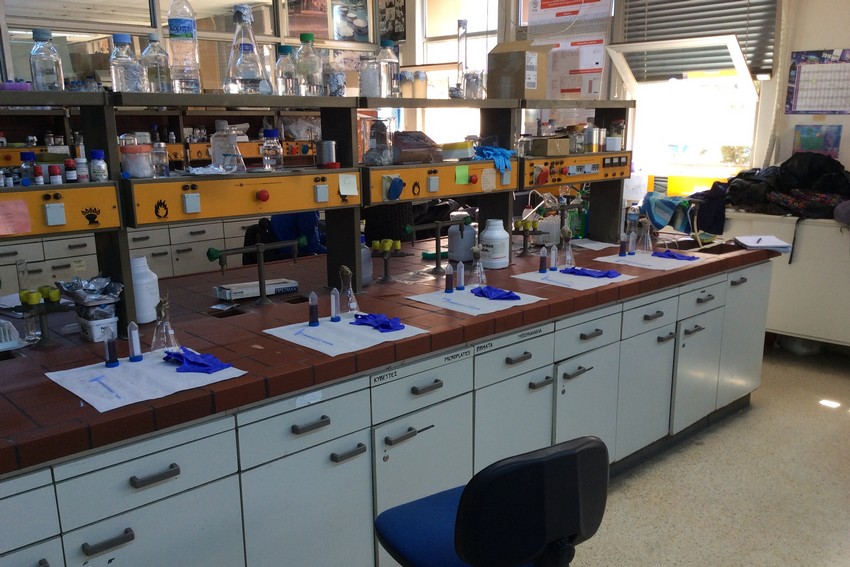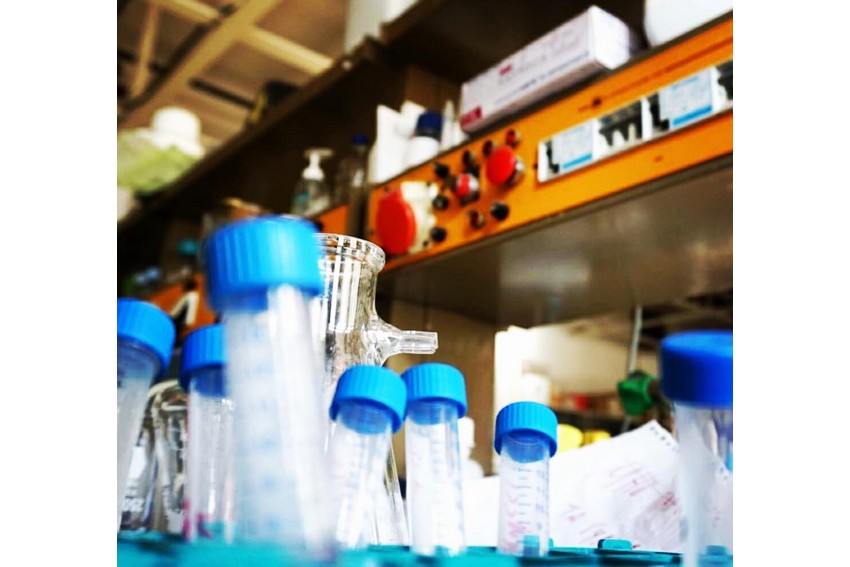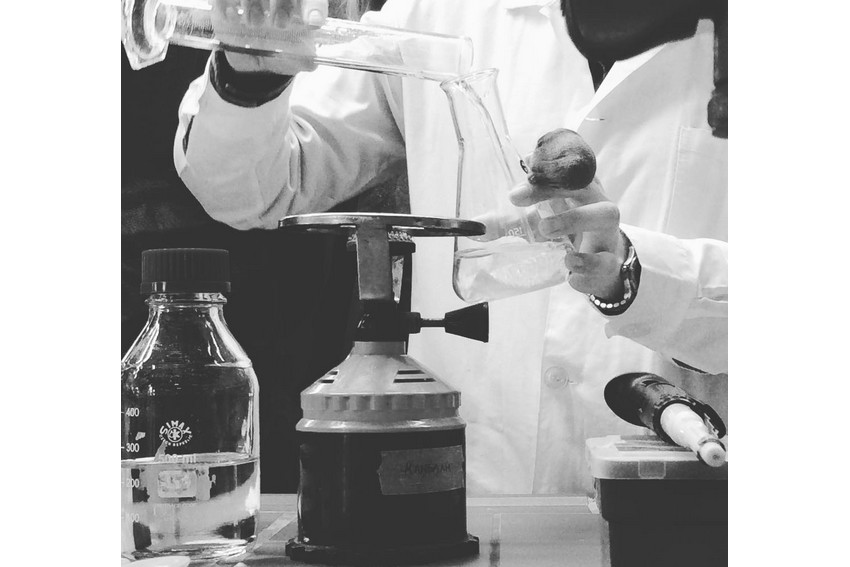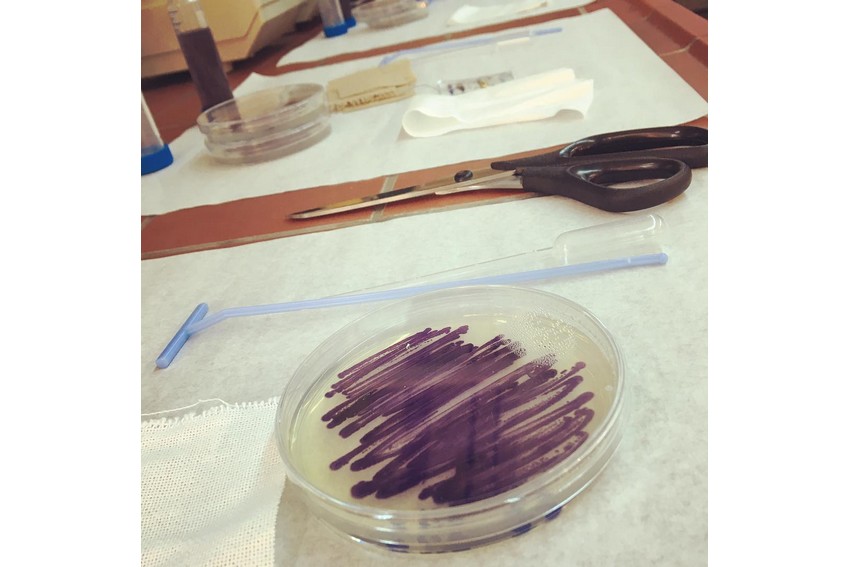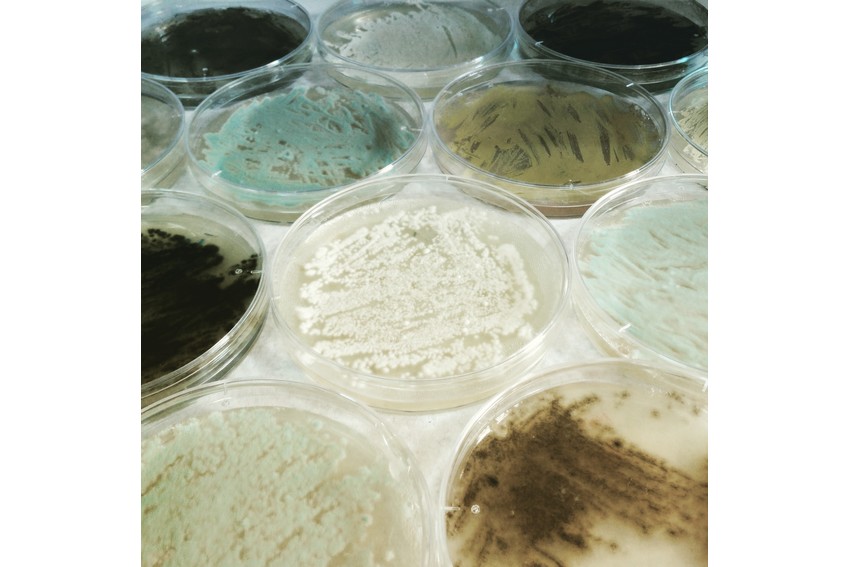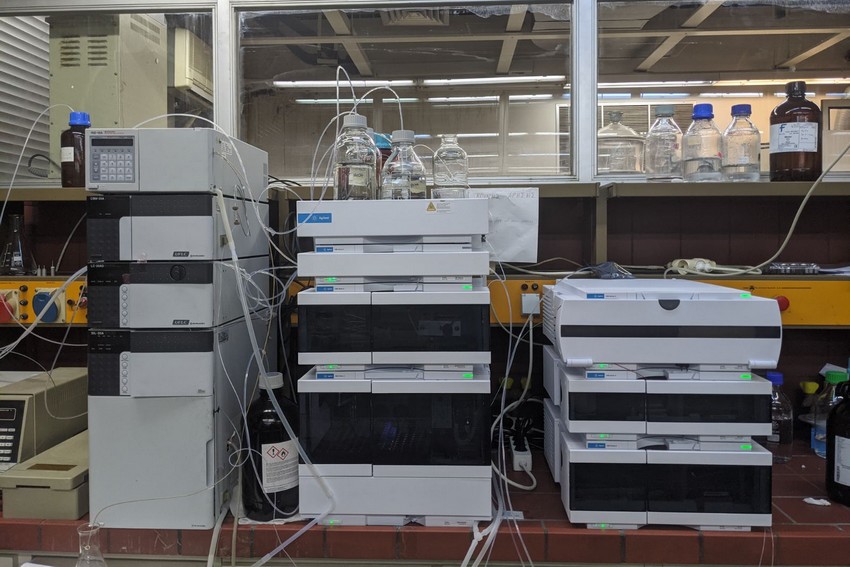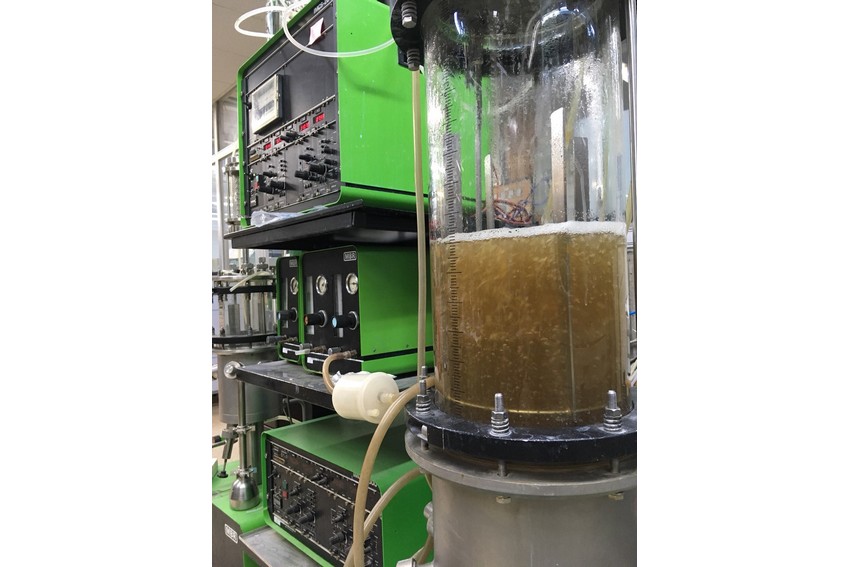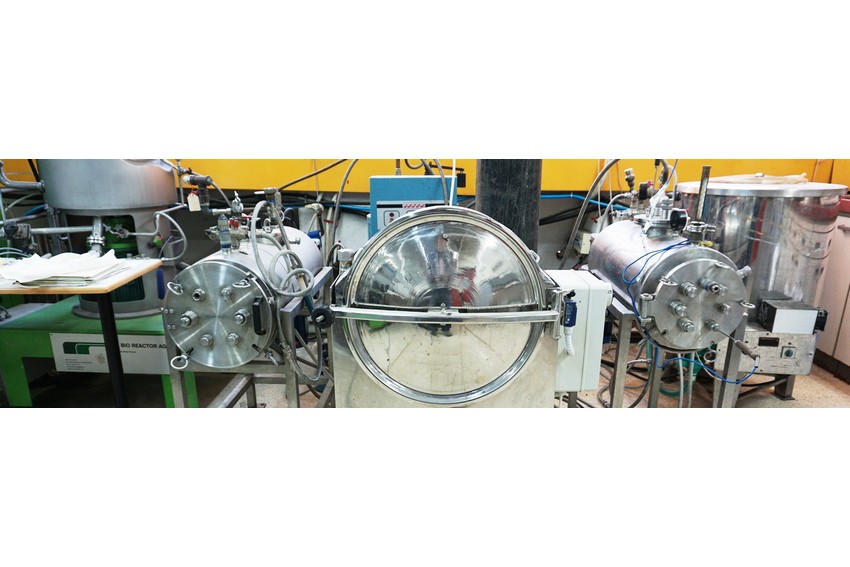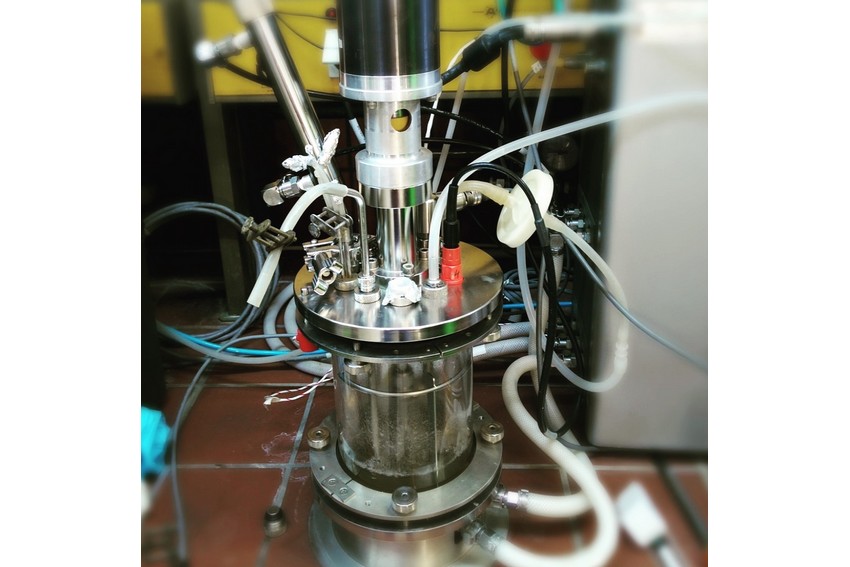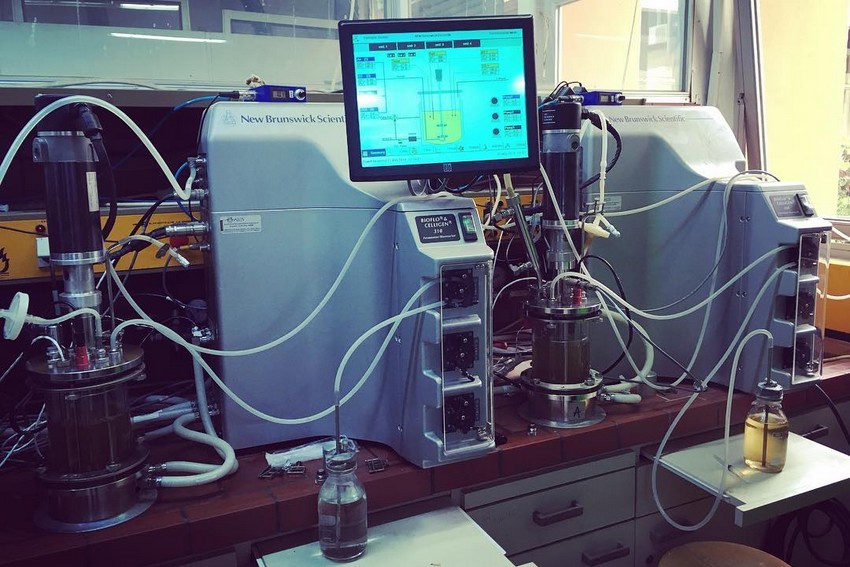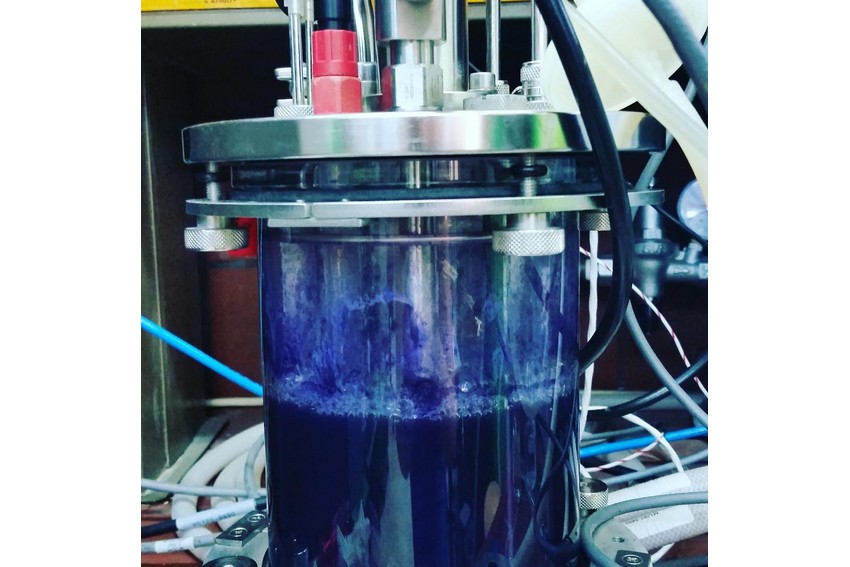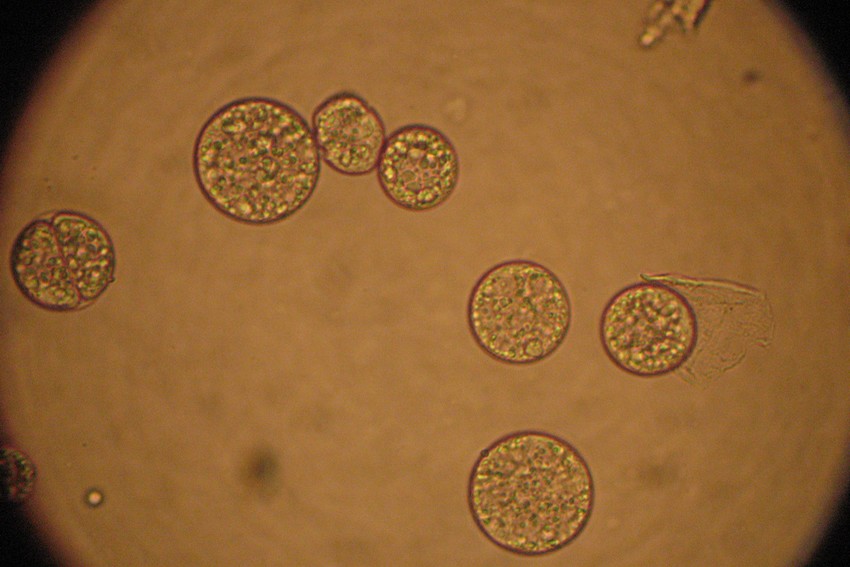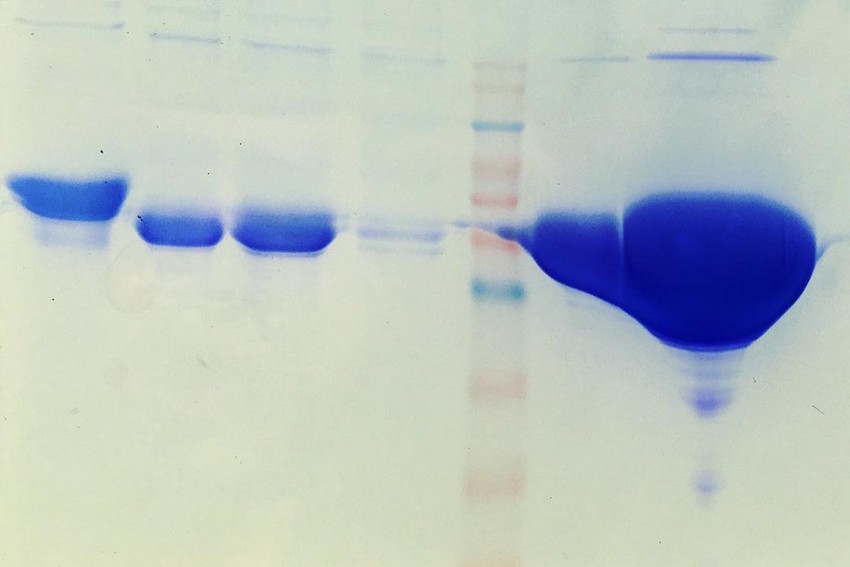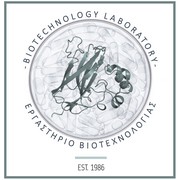
Identity
Establishment details:
Π.Δ. 76/2001 ΦΕΚ τ. Α’ 66/06-04-2001
Director:
Evangelos Topakas
Associate Professor
School of Chemical Engineering
Department of Synthesis and Development of Industrial Processes
Biotechnology Laboratory, Δ.310
Tel: 210 772 3264 – Chemical Engineering building. Office E.302
Email: vtopakas@chemeng.ntua.gr
Website: https://indubiocat.chemeng.ntua.gr/
Contact info:
Biotechnology Laboratory, Δ.310
School of Chemical Engineering
Department of Synthesis and Development of Industrial Processes
Iroon Polytechneiou 9, Zografou 157 72, Athens, Greece
Tel: 210 772 3264 – Chemical Engineering building. Office E.302
Email: vtopakas@chemeng.ntua.gr
Website:
http://www.chemeng.ntua.gr/labs/biotech/
The research activities of Biotechnology Laboratory focus on the bioconversion of residual biomass and on the enzyme systems responsible for the degradation of plant cell walls with the aim of producing bioactive compounds and biofuels within the context of Biorefinery. The academic members of the Biotechnology Laboratory are Topakas Evangelos (Associate Professor), Mamma Diomi (Assistant Professor) and Dr. Efstratios Nikolaivits (Laboratory Teaching Staff).
Biotechnology Laboratory has long experience in the utilization of lignocellulosic biomass and recently has been active in the discovery of novel enzymes capable of degrading or modifying agricultural and food waste more efficiently through genome mining or multi-omics analyses of terrestrial or marine microbial species.
More specifically the research areas of Biotechnology Laboratory include:
1. Biotechnological production of biofuels – Biorefinery
- Saccharification and fermentation of agroindustrial residues for the production of second generation biofuels
- Production of biopolymers and bioactive compounds from residual biomass and industrial by-products
- Utilization of lignocellulosic biomass for the production of high added value products using microalgae
- Use of olive mill wastewater for the microbial production of enzymes with industrial interest and nutraceuticals
2. Biocatalysis
- Discovery and production of new recombinant biocatalysts for plant cell wall modification
- Study of the relationship of function/structure of novel biocatalysts and of the catalysis mechanism in natural substrates
- Synthesis/modification of bioactive compounds and polymers of biological origin
- Enzymatic modification of textiles and packaging materials
- Enzymatic synthesis of food additives (prebiotics)
- Synthesis of high added value products in non-conventional reaction media
- Discovery and engineering of plastic-degrading enzymes
3. Environmental Biotechnology – Bioremediation
- Discovery of new marine biocatalysts for the degradation/removal of pollutants (halogenated, aromatics, etc.)
- Design of processes for biodegradation/removal of pollutants with immobilized or free cells [bioreactor configuration (CSTR, PBR), kinetic study]
- Development and evaluation of innovative biocatalysts and processes for the efficient desulfurization of petroleum fractions
4. Bioinformatics – Metabolic Engineering
- Metabolic engineering (metabolic flux analysis, metabolic control analysis, perturbation studies, use of enzyme kinetics data at the system’s level)
- Functional (meta)genomics and transcriptomics (interpretation of microarrays experiments, next-generation DNA & RNA sequencing data analysis, promoter analysis)
- Pathway analysis (automated construction of metabolic and signaling pathways)
Biotechnology Laboratory Infrastructure
The Biotechnology Laboratory covers an area of ~400 m2 has all the infrastructure necessary for studies of genomes and the heterologous expression of genes of interest, up to the production of a final product on a pilot scale including its downstream process. The infrastructure of the laboratory includes:
(a) computing power including: i) 2 servers each one consists of 64 cores (CPUs), 512GB RAM, ~7TB hard disk capacity and ii) 1 server consisting of 64 cores (CPUs), 256 GB RAM, ~500 GB hard disk capacity,
(b) devices for molecular biology (PCR, electrophoresis and electroporation units, sonication for cell lysis),
(c) lab scale devices for the cultivation of bacteria, yeasts, fungi and microalgae (incubators, photo-incubators)
(d) bioreactors for submerged culture with working volume from 50 mL to 150 L, prototype photobioreactors and solid-state bioreactors
(e) downstream processing devices: ultrafiltration units with working volume from 10 mL to 100 L, protein separation columns and materials such as ion exchange, hydrophobic interactions, gel filtration and affinity
(f) analytical devices [gas (ECD, FID detectors) and liquid chromatography (HPLC, GC, HPAEC, GPC)] for the identification and quantification of metabolites and fermentation products



